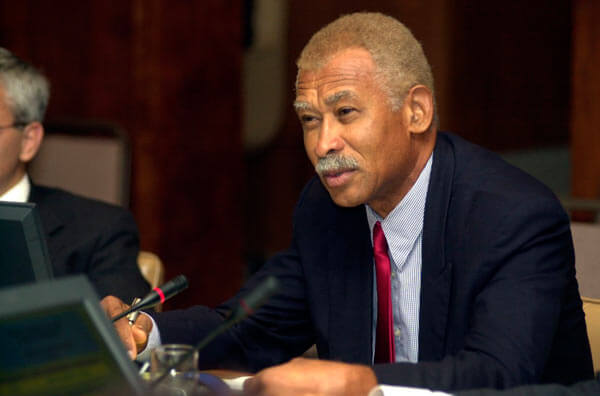Just weeks after its parliament had overwhelmingly approved laws allowing for Antiguans to personally possess up to 15 grams of marijuana legally, authorities are preparing to take it to the next level.
In the coming months, island legislators will again be asked to debate a bill allowing for large scale medical marijuana production-meaning that approved locals will be allowed to grow, harvest, process and sell varying amounts of weed for medicinal use.
The leading Observer Newspaper reported this week that work on the bill is progressing apace and authorities are consulting with experts from countries which already have such industries to ensure government gets it right.
This is even as Caribbean Community governments which are preparing to meet for their main summit in Jamaica in July, are scheduled to have an extensive discussion on the issue of personal possession and medical marijuana use.
Regional governments had back in 2014 established a commission to decide on a way forward as judiciaries, police and civil society groups across the community had complained about courts being forced to jail large groups of youths for possessing small amounts of marijuana.
Antiguan officials recently moved to cancel or wipe away convictions of hundreds of locals who were jailed for personal possession over the decades. Each household is allowed to grow no more than four plants for domestic use.
So far Jamaica, Belize and Antigua have not waited to implement or be part of a regional approach but have decided to act on their own in amending legislation to cater for personal possession.
Lionel Max Hurst, the government’s chief of staff said plants would be grown under stipulated conditions and the aim is to allow for the production of medicine for illnesses such as sickle cell anemia, epilepsy, asthma, glaucoma and other diseases, which research has so far shown respond to marijuana-related medicines.
“Although we cannot say at this moment what exactly that criteria would be, we are in talks with experts from Canada in this area to have the best laws put in place since we will be following their method. After looking at what is being done in Jamaica, we thought that the Canadian model was closer to what we would want to achieve here. In my understanding, after reading reports from cabinet that the Jamaican law was structured for farmers to grow the product on a large scale, but the problem is that they are not aware of what they are growing, the quantity or the substances in the plant itself in regards to its use as a pharmaceutical,” Hurst told the publication.
Younger people in Antigua and sister isle, Barbuda, had widely applauded the move to allow for possession of up to 15 grams, but critics had argued that the bill was timed to coincide with the last days of the late March general elections that the incumbent Antigua Labor Party won.
Hurst said that the bill could be on parliament’s floor later this year. A governing board will oversee the new sector and will include an inspectorate to ensure compliance with laws.























